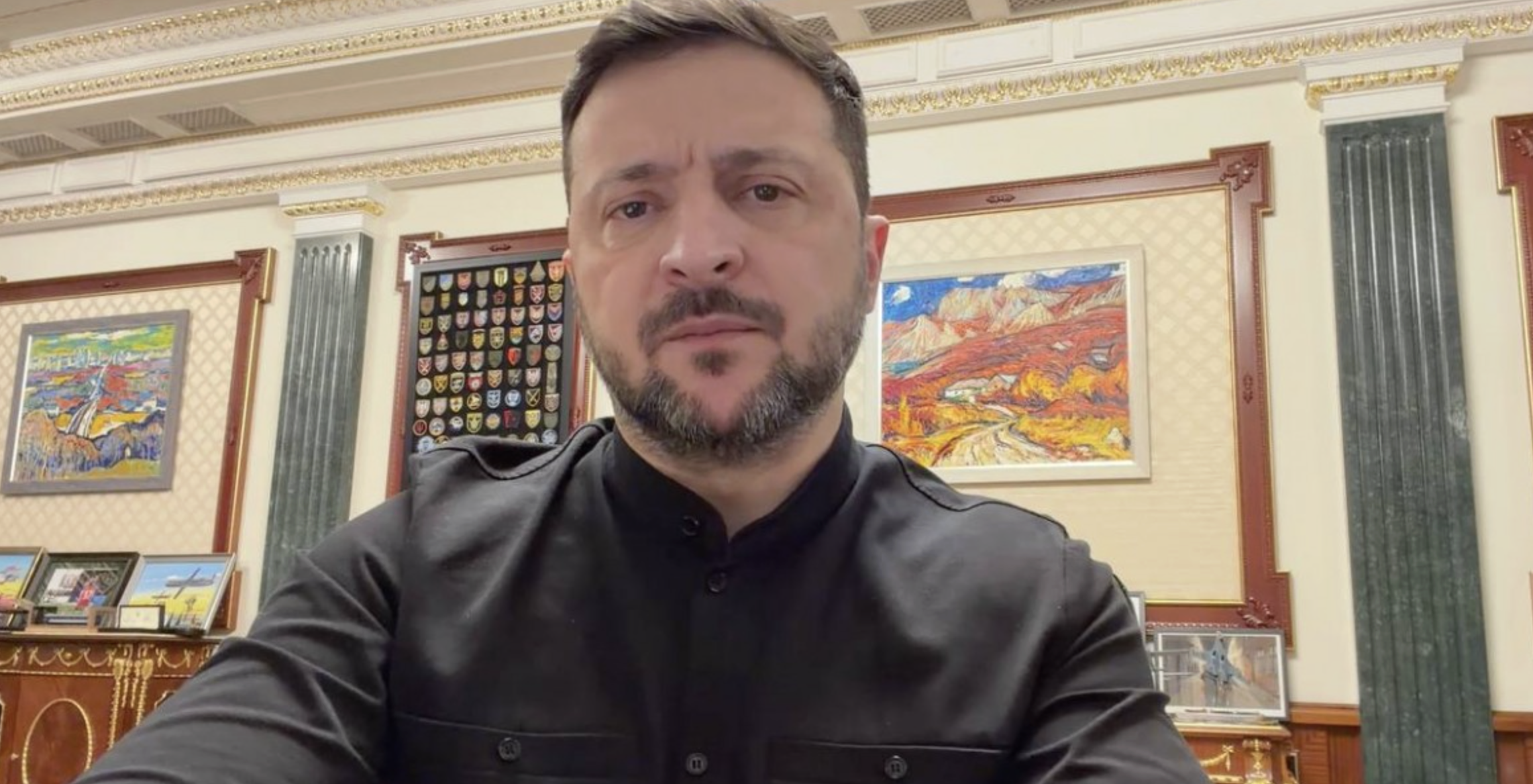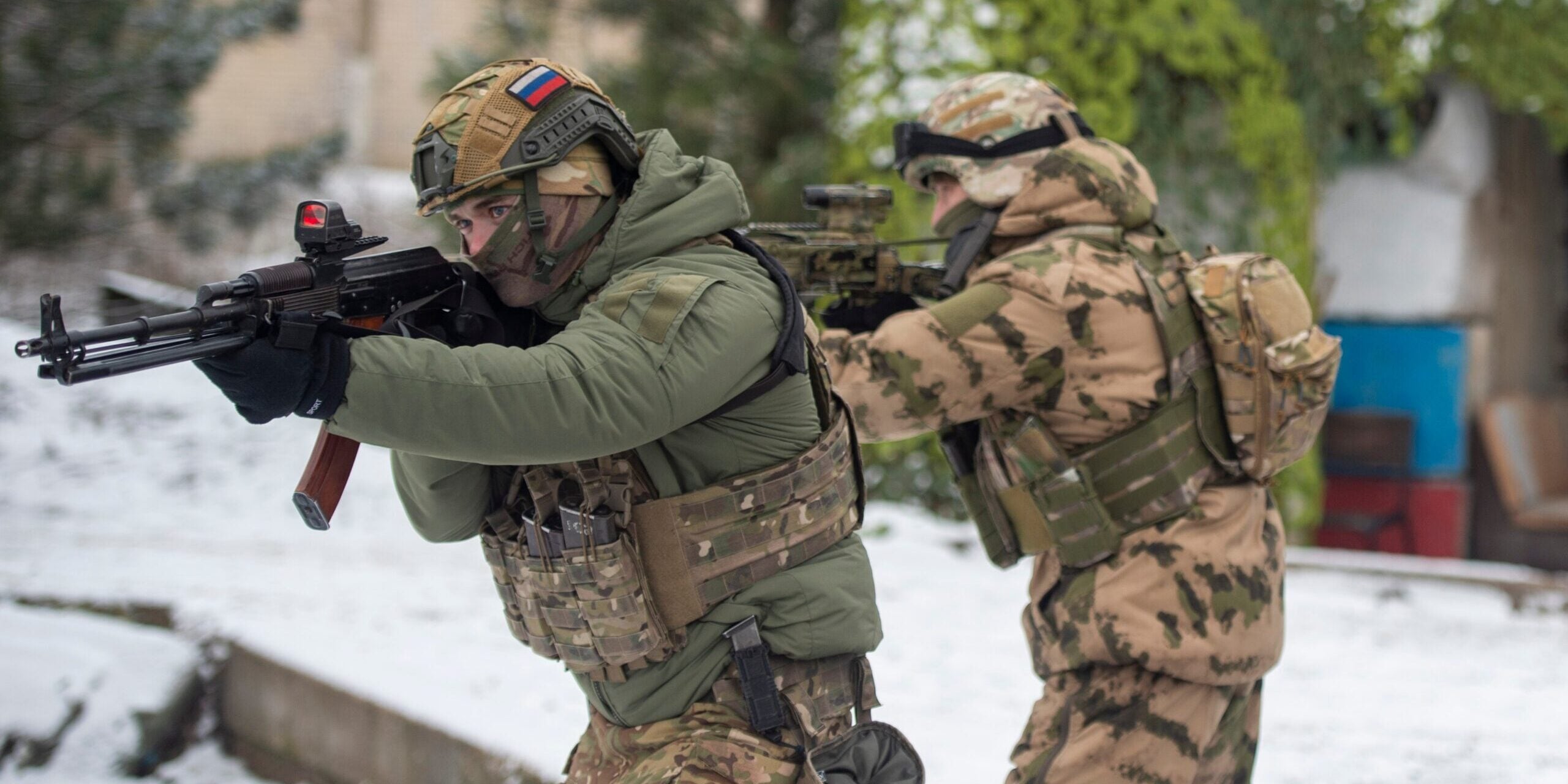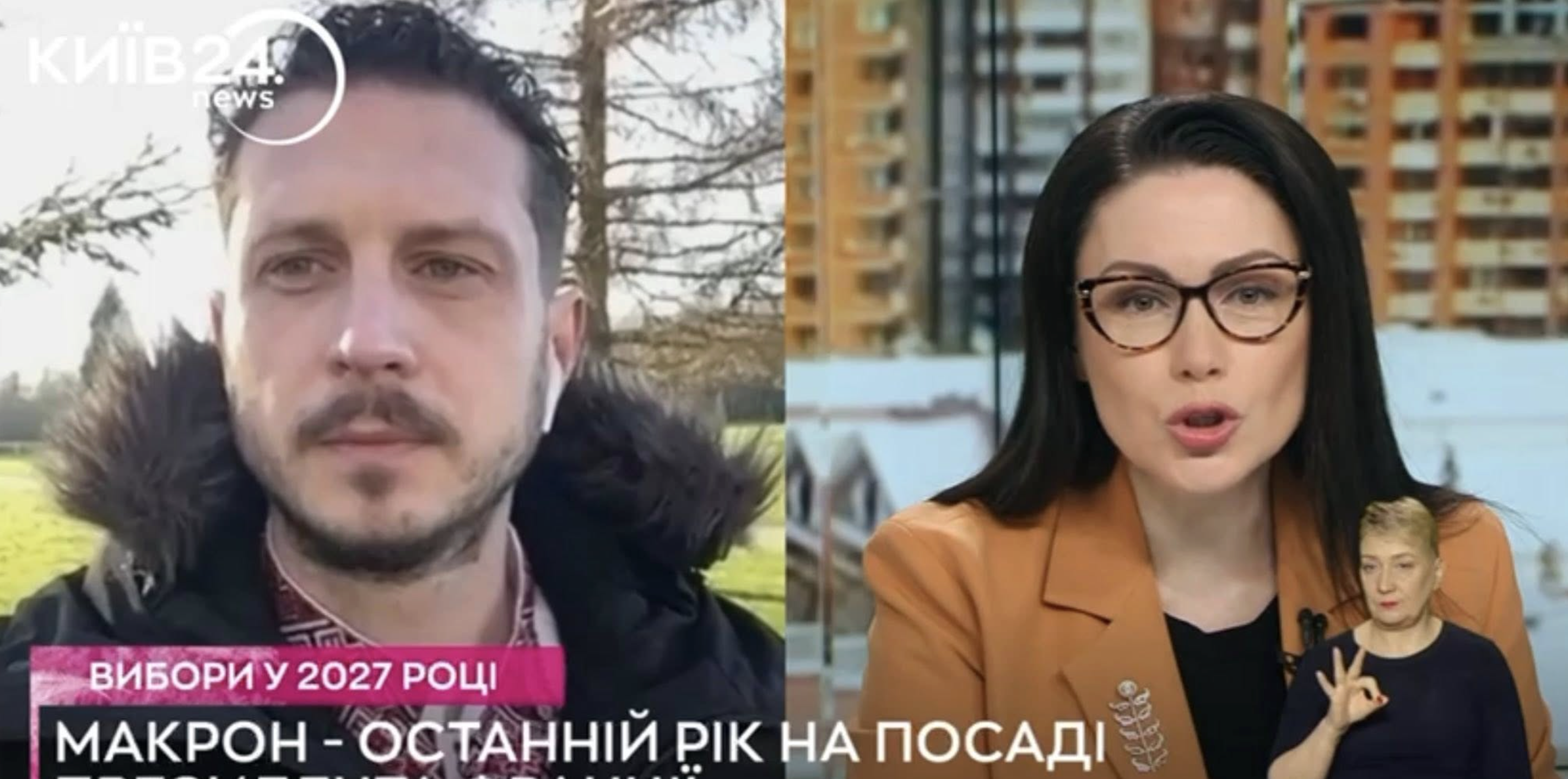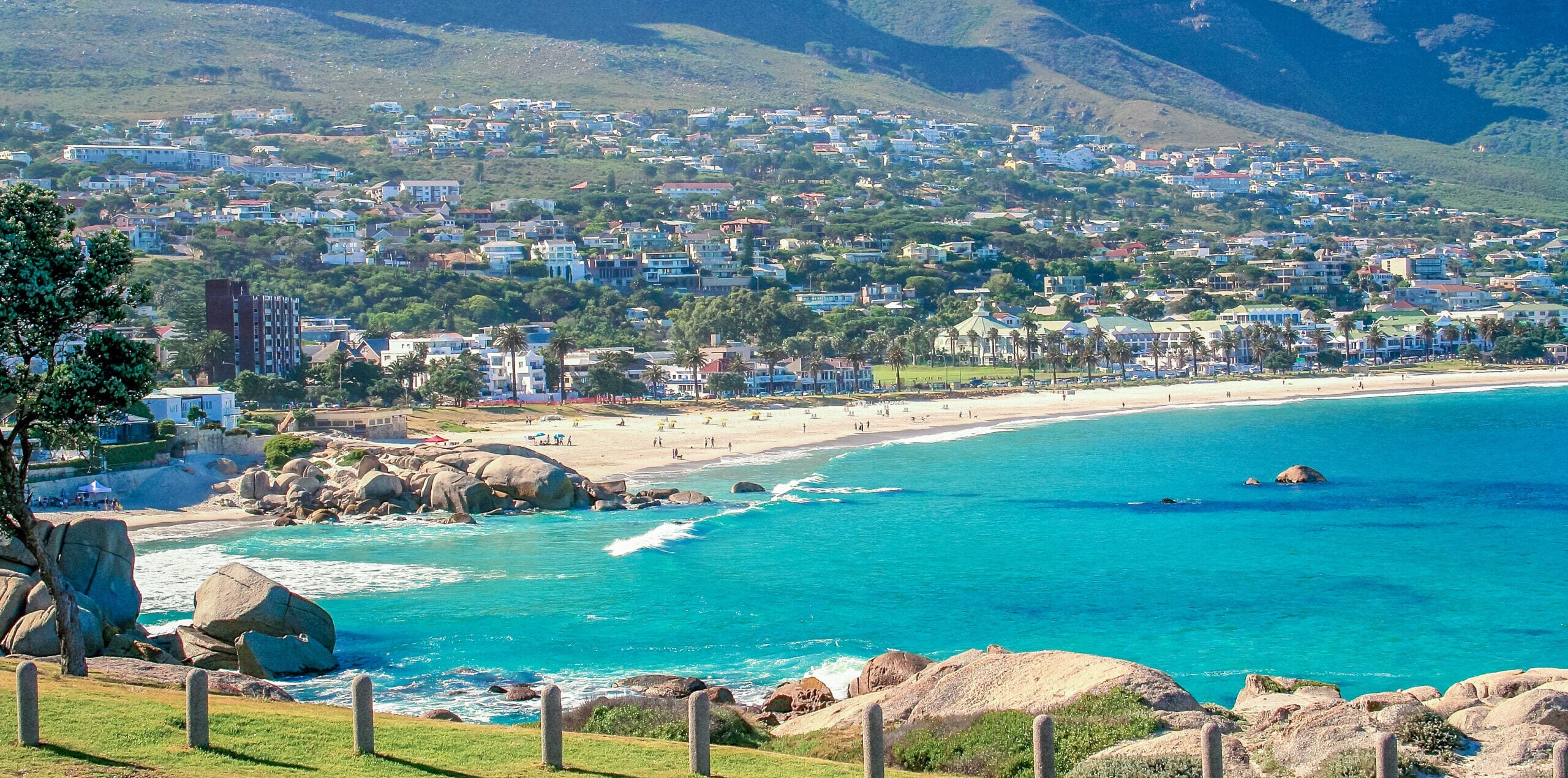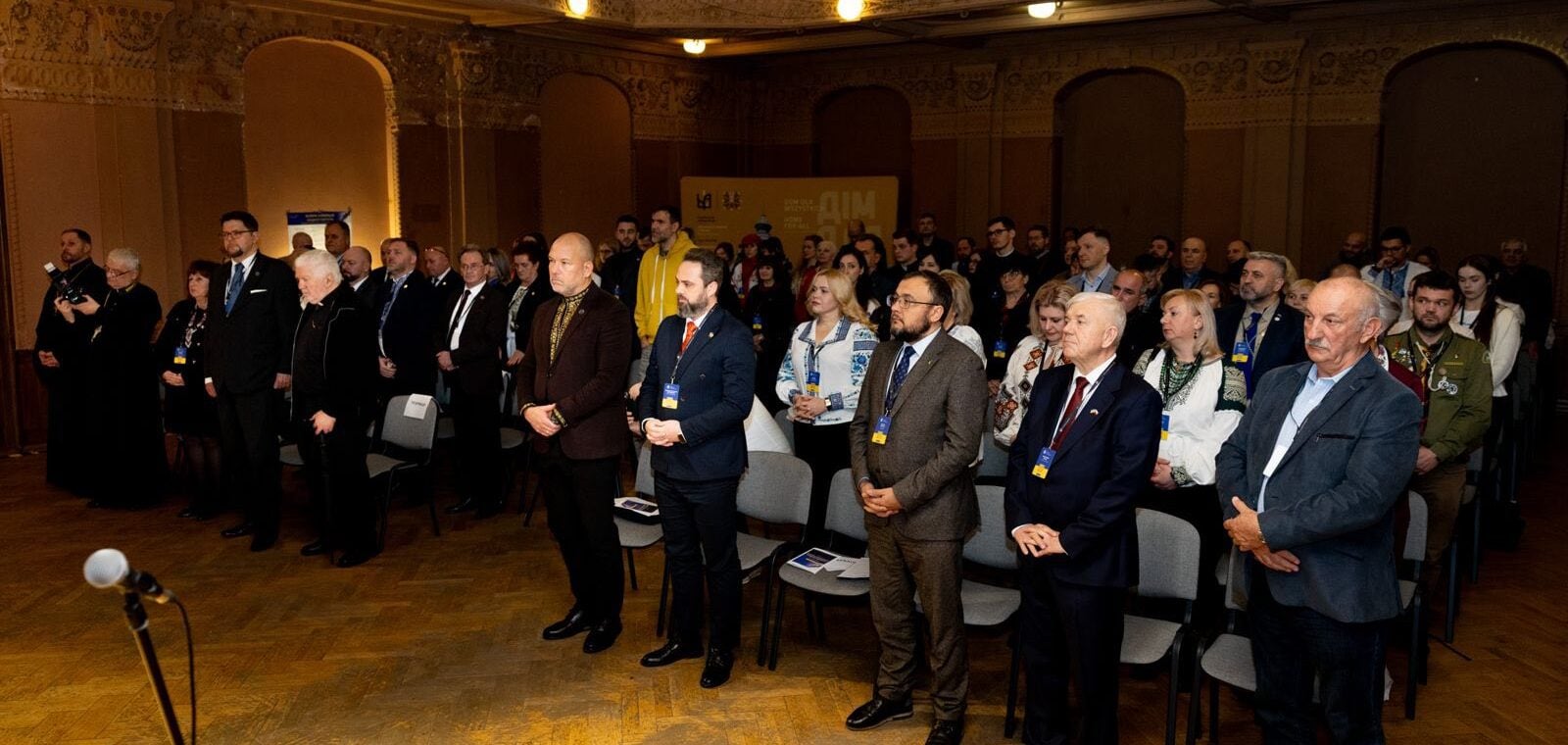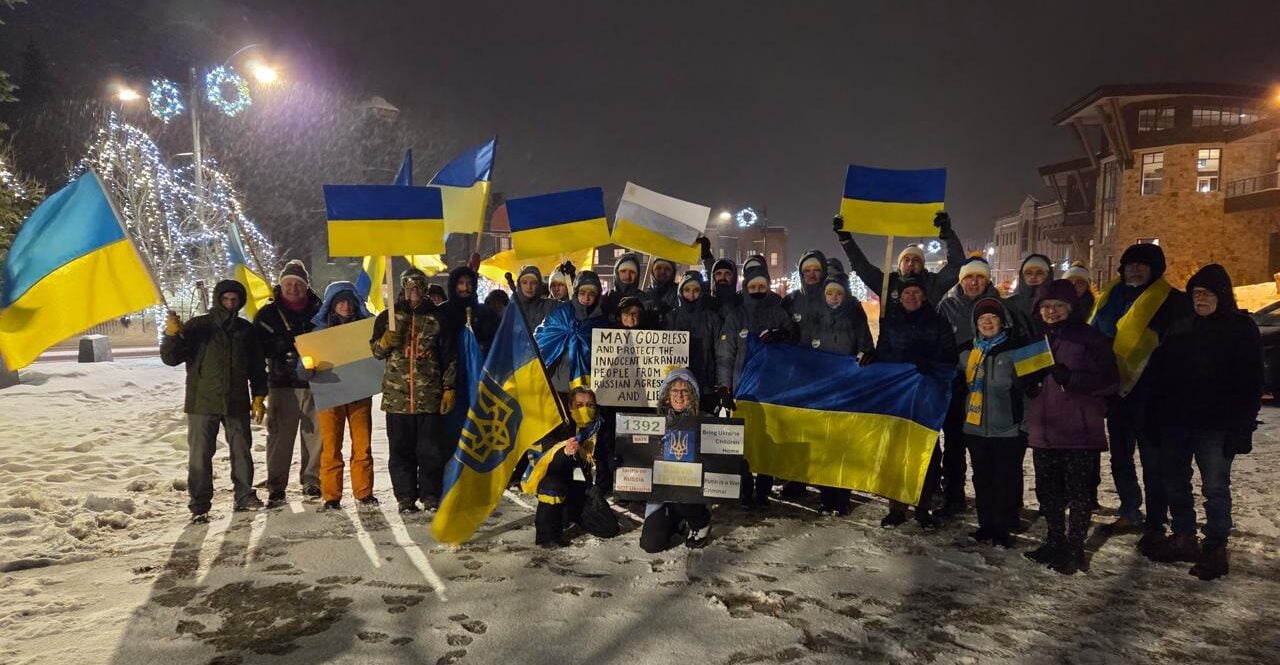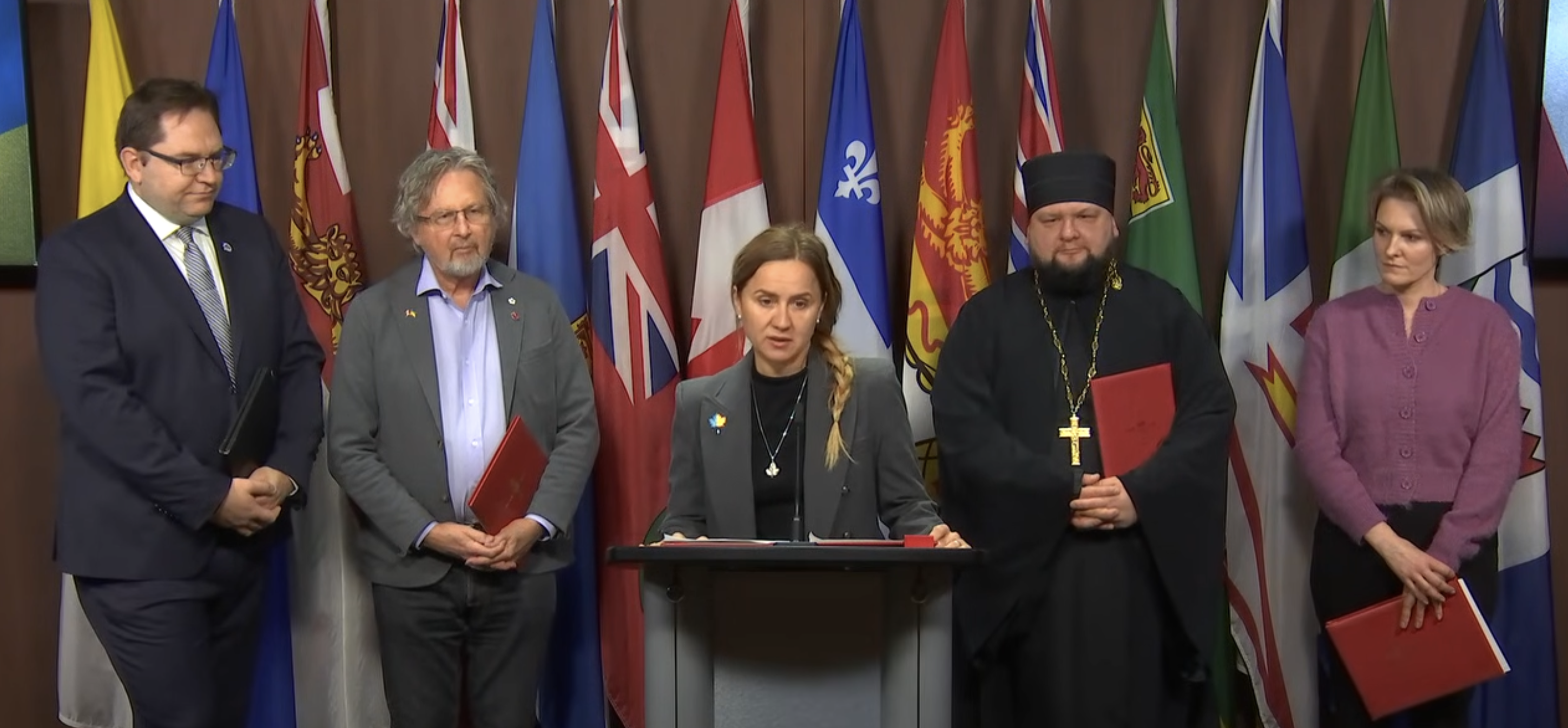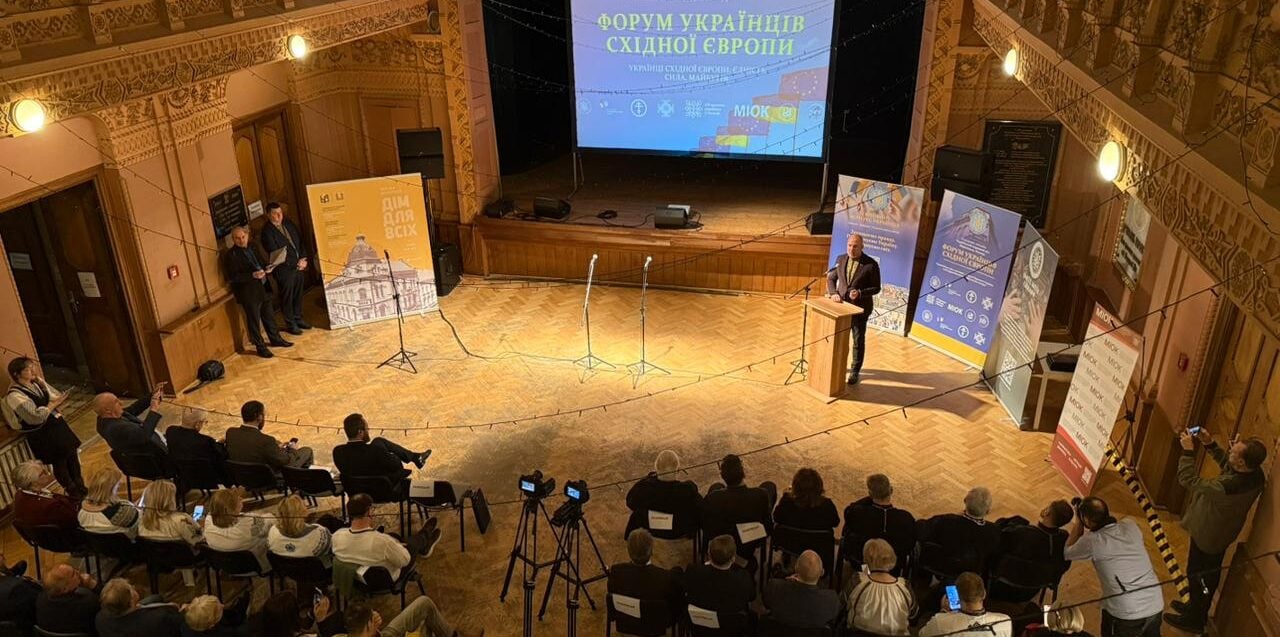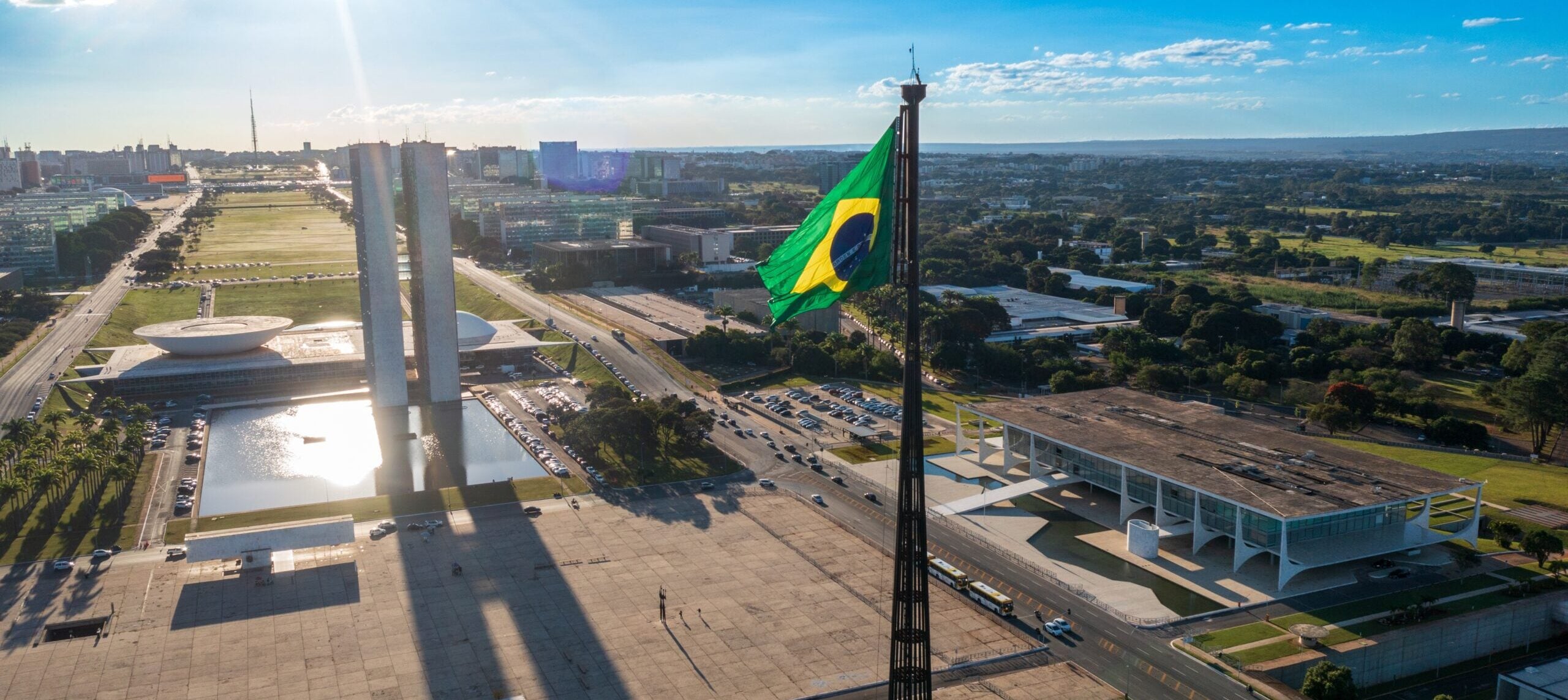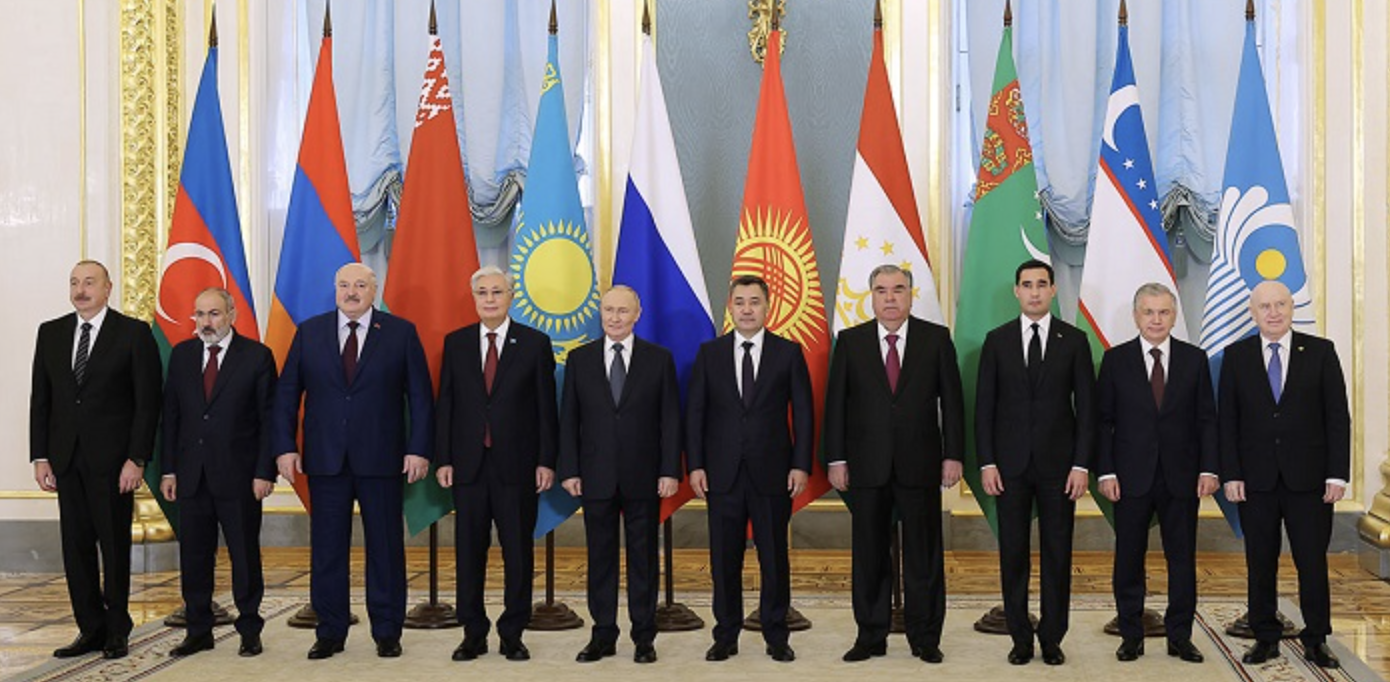
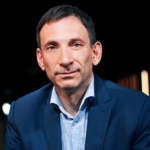
by Vitaly Portnikov, a well-known Ukrainian journalist, political commentator, and analyst, laureate of the Shevchenko National Prize of Ukraine
Source: Ukrainian-language service of Radio Free Europe/Radio Liberty
Ahead of the New Year holidays, Kremlin ruler Vladimir Putin gathered leaders from former Soviet republics for the traditional informal CIS summit and a meeting of the Supreme Eurasian Economic Council.
The event was intended to showcase Russia’s continued influence in the region. However, the true symbol of the gathering became the U-turn of Azerbaijani President Ilham Aliyev’s plane before landing in Moscow.
Just as the crew was preparing to land, Aliyev was informed of a crash involving an Azerbaijan Airlines plane at Kazakhstan’s Aktau airport. Aliyev immediately ordered the plane to return.
Despite his regular contacts with Putin in the past, Aliyev’s decision once again highlighted the unpredictability of events in the post-Soviet space. Aliyev had been preparing for a routine meeting with his colleagues, only to find himself caught between the need to inform his people about the plane crash – likely caused by a Russian air defense system over Grozny – and the desire to avoid damaging relations with the Kremlin.
This was a delicate task, even for a seasoned political maneuverer like Aliyev.
His regional neighbor, Armenian Prime Minister Nikol Pashinyan, also avoided attending the Russian summit – though in his case, the reason was a positive COVID-19 test. However, Pashinyan’s absence didn’t stop him from becoming the main topic of the summit after a nearly comical exchange with Belarusian dictator Alexander Lukashenko.
Lukashenko, whose relations with Armenia are effectively broken, tried to insist on the mandatory participation of the Armenian delegation in the upcoming Eurasian Economic Union summit in Minsk.
In response, he received nothing but sarcastic remarks from Armenian Prime Minister Nikol Pashinyan, which quickly went viral on social media. This once again highlighted that the aging post-Soviet dictators live in a world of sycophantic flattery from their opportunistic entourages and have no idea that beyond this stifling world, they may be spoken to in a completely different tone.
On the other hand, Pashinyan is now essentially the only potential guest of Putin whose power is based on honest public voting, not on coercion, repression, the omnipotence of the security services, and the destruction of free speech. This speaks volumes about Putin’s actual influence in the post-Soviet space.
Moscow’s use of foreign democracy
The Russian leader finds himself surrounded by the leaders of Central Asian countries (and the Belarusian president), many of whom have been increasingly looking toward Beijing rather than Moscow in recent years.
However, this does not mean that Moscow is ready to abandon its efforts – the war in Ukraine makes this painfully clear. In those former Soviet republics where a real electoral process exists, Russia is willing to exploit foreign democracies to strengthen its own influence. Evidence of this was seen in this year’s elections in Moldova and Georgia.
In Moldova, President Maia Sandu managed to secure a second term (and pro-European integration supporters won a referendum on Moldova’s accession to the EU) largely thanks to the votes of the Moldovan diaspora.
Cover: A meeting of the Council of CIS Heads of State in October 2024 in Moscow. Source: News Central Asia.

